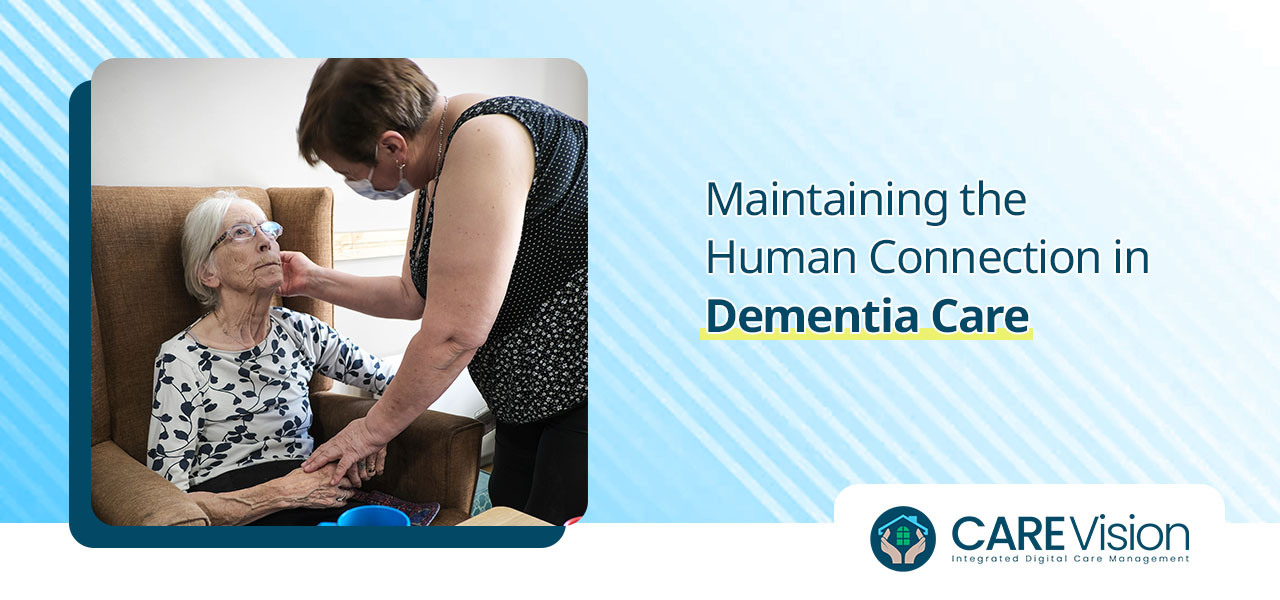Gardening is one of those activities that appeals to a wide arrange of personalities, and can be done by pretty much anyone. Working in the open air can be hugely beneficial to mental health, as it stimulates the senses and allows you to reconnect to nature. In addition, tending plants and watching them grow can add a sense of purpose and satisfaction to life.
Working in a garden can also add an element of physical exercise to the daily routine, helping participants stay fit and healthy. Another great thing about gardening is the fact that it can be done to suit the gardener’s abilities, tastes, available time and state of health. This makes it an ideal activity for care home residents to become involved in, especially in the Spring. Some dedicated activity now, planting up flower beds and getting rid of the weeds, will result in a stunning garden, full of colour and interest, come the Summer months.
More and more care homes are offering gardening activities, clubs and involvement for residents who are keen to get their hands dirty. Gardening can be especially beneficial for people living with dementia, as it offers a familiar, gentle pastime in a quiet, relaxing environment. For those who find it hard to bend and lift, gardens can be adapted to help – for example, raised beds, container gardening and modified tools.
Adapted gardening
Raised beds are just one way to help residents enjoy horticulture without having to bend down to dig soil, pull out weeds or plant bulbs. It is very easy to create raised beds using bricks, pallets or similar to bring the height of the soli up to a person’s seated level. Alternatively, residents might like to create and tend smaller gardens in containers, such as garden pots, hanging baskets or seed trays This works well when growing herbs and seasonal flowers, as they can be changed and re-planted regularly to maintain interest. Try to ensure as much of the garden as possible can be accessed by wheelchair to enable people with limited mobility to join in.
Resting and relaxation areas
Add plenty of resting points in the garden for residents to take a break from the gardening when they need to; Benches placed in the shade are a good start, along with garden recliners for people to sit and admire their hard work. If you have a pond, patio or water feature, this can be a good place to create a rest and relaxation area. Have plenty of water and cool drinks on hand, especially in warmer weather. Encourage residents to only go out to do gardening in the cooler parts of the day – earlier in the morning or late afternoon will help avoid the heat of the midday sun. Always have a member of staff on hand to help people if they become tired or unwell.
The right kit
Older and vulnerable residents should always protect their skin by wearing a hat with a wide brim to keep the sun off their faces. Other essential protective gear includes sturdy shoes or boots and gardening gloves. Labels to identify what plants there are, and when they bloom can help people keep track of what the garden contains. Make sure that the gardeners know what they need to do and how to use the tools safely. Another option is to do some indoor gardening, which requires items like flowerpots, compost, small tools and seeds or bulbs.
Sensory and memory gardens
Many care homes already have special areas on their grounds for either a sensory garden or a memory garden. If yours does not, it could be a good idea to consider adding one. A sensory garden contains plants, ornaments, furniture and other items that engage all the senses. So, there might be colourful shrubs, scented herbs, fruit bushes that have edible berries to pick and eat, fountains or flowing water features and tall grasses that swish in the breeze.
Memory gardens contain multiple elements that aim to stimulate memories of pleasant times and familiar plants that are easy to care for and identify. Fish in a pond can also provide interest and give residents something to watch as they sit in the sun. Both types of gardens will benefit from seating, flat paths and wide walkways for ease of getting around them.






